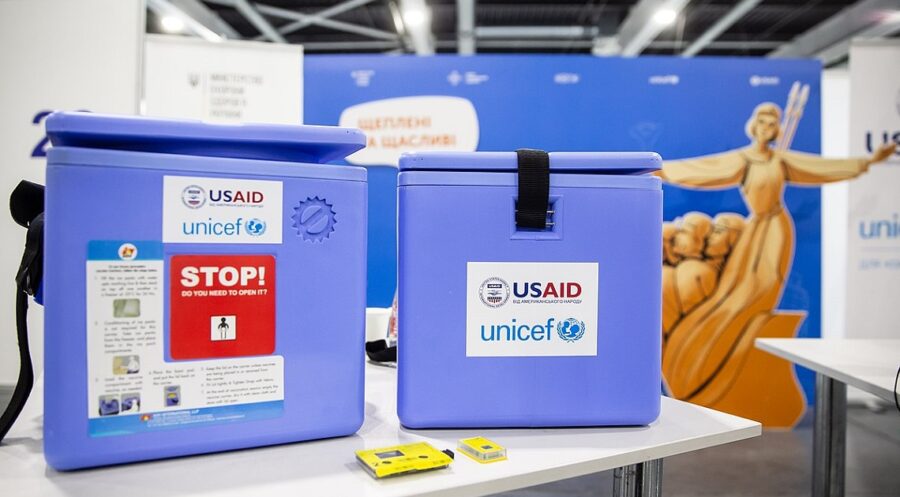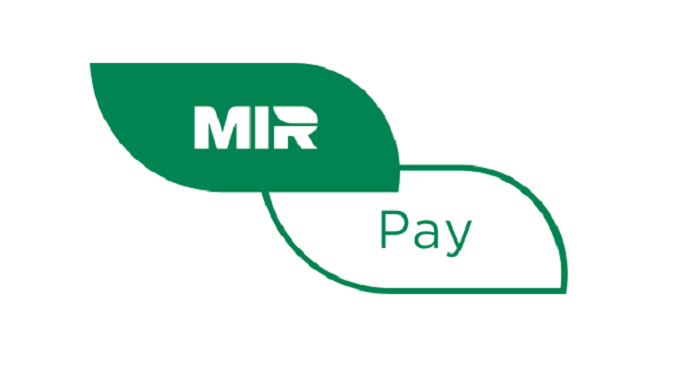The 12th annual Central Asia Trade Forum, with the topic “Digitalization of Customs Services: Pathway to Paperless Trade,” officially began on Wednesday sponsored by the U.S. Agency for International Development (USAID) in Astana, Kazakhstan. It is a premier two-day international event for increasing connectivity and trade, according to a press release from the US Embassy in Kazakhstan.
In order to discuss ongoing initiatives in developing digital products and services, adopting enabling technologies (like the use of big data, telematics, and cloud services), improving operational performance, and facilitating the reinvention of how customs administrations operate, the forum brought together Central Asian customs administrations. To learn about a variety of cutting-edge digital tools and technology, over 200 representatives from customs administrations in Central Asia, Azerbaijan, Georgia, Korea, Latvia, and the United States gathered.
The trade event has been conducted annually since 2011, according to Laura Cizmo, director of USAID’s Central Asia Regional Economic Development Office, who made the announcement during the opening comments. It carries on a history of cooperation between the United States and the Central Asian countries that dates back to the early 20th century.
In collaboration with the State Revenue Committee of the Ministry of Finance of the Republic of Kazakhstan, the State Customs Service under the Ministry of Finance of the Kyrgyz Republic, the Customs Service under the Government of the Republic of Tajikistan, the State Customs Committee of the Republic of Uzbekistan, and (GIZ) GmbH, as well as media representatives from the Astana Times and Business Mir Mag, USAID’s Trade Central Asia activity is hosting the Central Asia Trade Forum.
Participants talked about the customs digital reform agenda, including the most recent developments and the role of digital enforcement, accelerating digitalization for improved transit and trade facilitation, the Trans-Caspian international transport route, international transit systems, regional cooperation within the National Trade Facilitation Committees, and how anti-corruption measures can improve customs policy, its implementation, and increase duty and tax collection as well as exchange of pre-arrival information.
There has been a profound development in Central Asia. The amount of trade inside the region has increased by half just in the last five years. The trade between Central Asian nations and other countries is also booming. Over a period of five years, it climbed by 54%, reaching $167 billion. Today, trade is a key factor in the region’s economic expansion.



